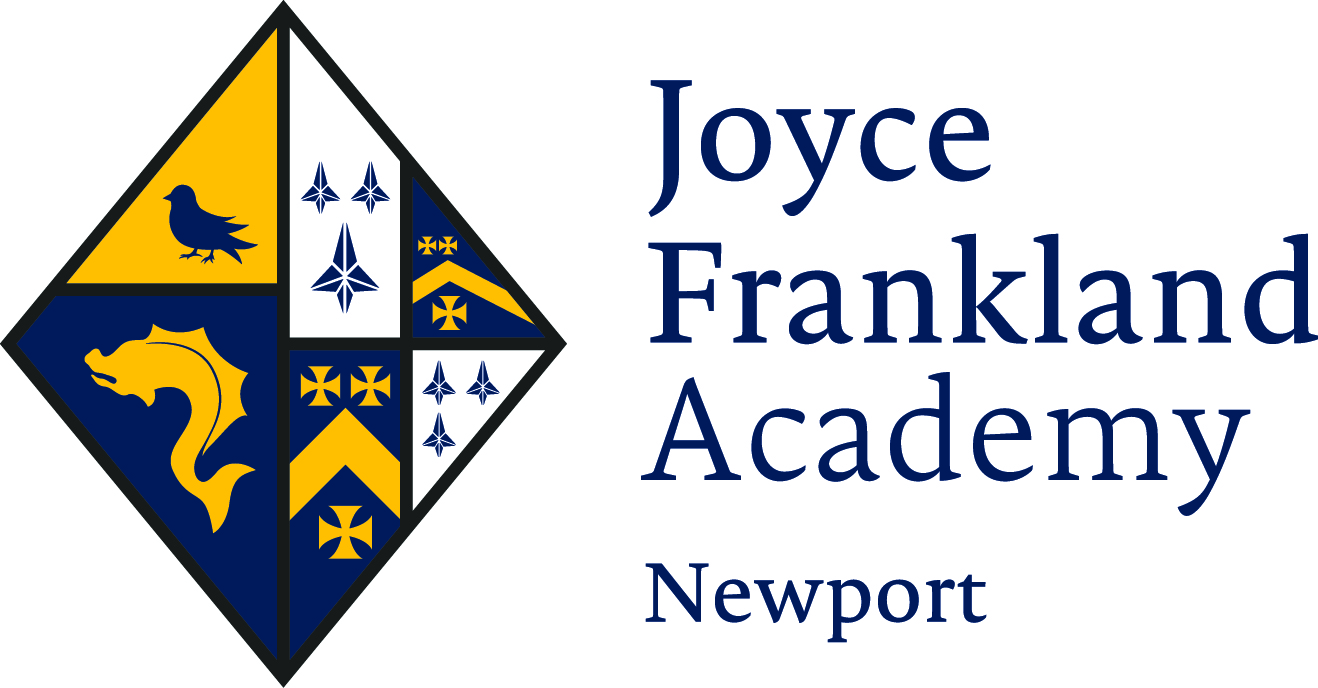KS4 Computing
Course Overview
To ensure that our students have the necessary skills needed to embrace the challenges of the quaternary sector as it is now as well as developing the skills that will be needed as this fast moving sector evolves. To link the curriculum to the needs of industry and to develop wider 21st century skills that are entirely transferable in relation to the changing demands of our economy.
Exam Board: OCR J276
 1.1 System Architecture
1.1 System Architecture
• Von Neumann Architecture.
• Central Processing Units.
1.2 Memory
• ROM, RAM.
• Virtual memory.
1.3 Storage
• Types and characteristics of storage.
1.4 Wired and Wireless Networks
• LAN and WAN.
• Client-Server, Peer-to-Peer.
1.5 Network Topologies
• IP addresses, protocols.
1.6 System Security
• Forms of attack.
• Preventing vulnerabilities.
1.7 System Software
• Operating systems, Utilities.
1.8 Ethics
• Legislative and cultural implication of technological change.
2.1 Algorithms
• Abstraction, Decomposition, Searches.
2.2 Programming
• Sequence, Selection, Iteration, Data Types.
2.3 Robust Programs
• Defensive design, types of errors.
2.4 Computational Logic
• Binary, Boolean operators, truth tables.
2.5 Translators and Languages
• Assemblers, Compilers, Interpreters.
2.6 Data Representation
• ASCII, Hexadecimal, Compression, file sizes.
Wider Impact
Computing students are required to solve challenges and to create potential solutions. To do this, students develop a core knowledge that is entirely centred on the latest requirements of industry. We achieve this through our links with quaternary sector providers, such as with ARM Holdings, so that the skills taught through the qualification are augmented by the current developments within the economy. Students use their core knowledge, including the development of key transferable skills, to recommend and justify their solutions to a context. Students are also required to create bespoke coded solutions to challenges set, including challenges that require an ethical or environmental consideration.
